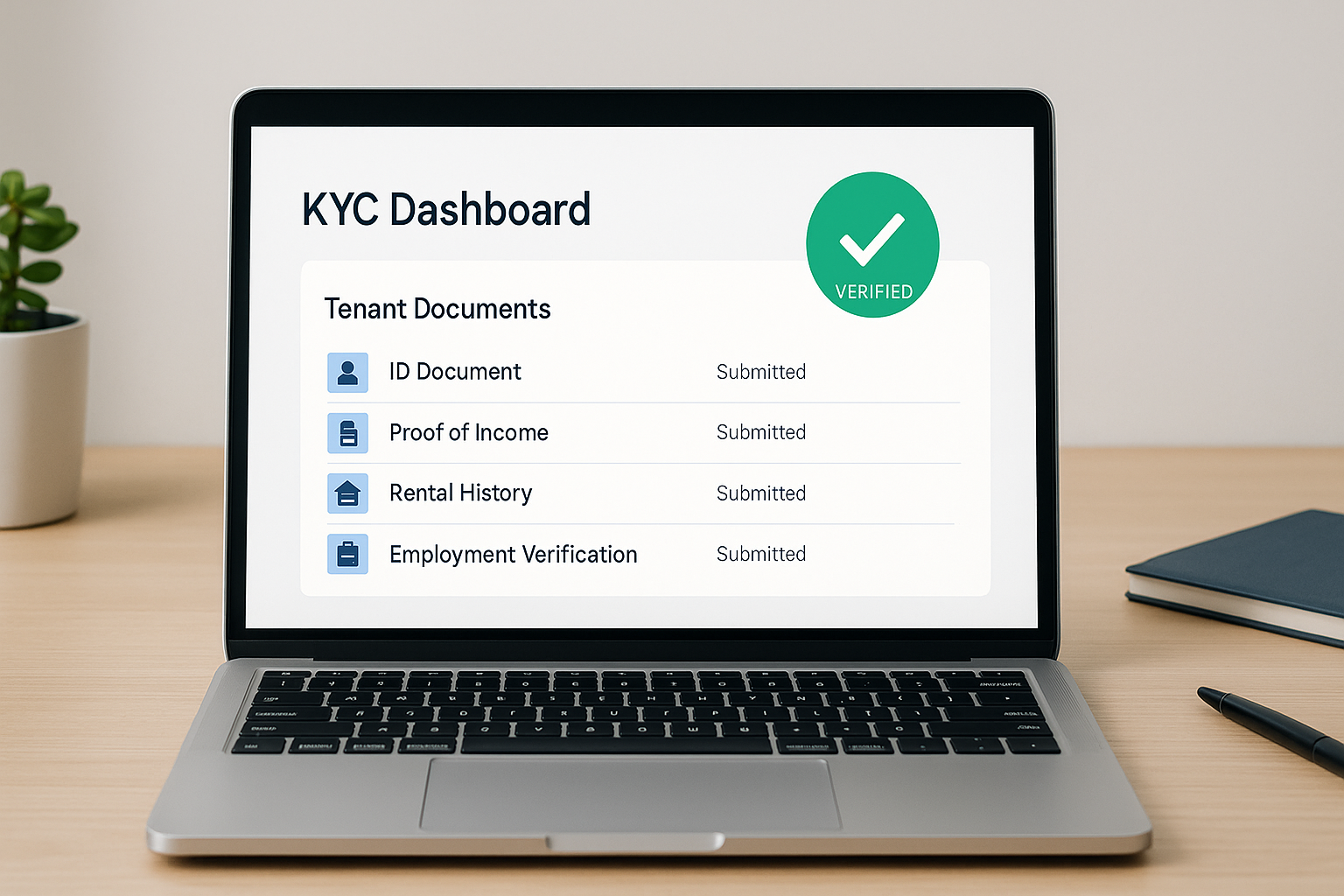
Key Things to Look for When Reviewing a Legal Document

The realm of legal documentation is one filled with complexities, intricacies, and fine print. Overlooking minute details could lead to future complications and disputes. Let this comprehensive guide serve as your compass when you offset your voyage on the sea of legalese.
Identifying The Parties
A legal document's lifeline is the accurate identification of parties involved. These names should be correctly spelled, reflecting the right entity structure alongside relevant details like addresses, contact information, and business designations. Assuring the correctness of these details lays the groundwork for understanding any legal document.
Understanding the Purpose and Scope
The skeletal structure of any legal document lies in its purpose and scope. It is crucial to comprehend what it is that each party is committing to. This includes the obligations and responsibilities of all parties involved, what you should anticipate, and what the other parties expect from you. Treat this as the blueprint of your collaborative effort.
Navigating the Terms and Conditions
The heart of any legal document beats in its terms and conditions. These include payment norms, delivery timelines, warranty clauses, liability, and termination conditions. It's crucial these align with your expectations and are proportional to the obligations you undertake. Remember, this agreement needs to work as much in your favor as anyone else's.
Breaking Down the Governing Law
An often-overlooked yet crucial component of legal documents is the governing law clause. This section explicates the legal jurisdiction under which the agreement operates. As businesses grow global, the importance of knowing which jurisdiction applies to your agreement transcends geographical boundaries.
The Confidentiality and Intellectual Property Conundrum
In an information-rich world, clauses related to confidentiality and intellectual property rights hold unprecedented importance. They should provide ample protection for your precious intellectual property and sensitive information. It's not just about putting a lock but ensuring it's robust enough.
The Roadmap to Solving Disputes
A legal document should clearly chart out the path taken to resolve disputes. This chart should be fair, reasonable, and understandable. Having knowledge of this helps you prepare for any bumps along the road ahead.
Diving into Legal Terminology
An all-encompassing review of the legal language used in the document is instrumental in understanding its implications fully. If uncertain about anything, professional legal advice can shine a light in these dark corners.
The Pillars of Document Integrity
Additionally, other factors contribute to the integrity of a legal document. The accuracy, clarity, and completeness of the document are as important as its content. It should comply with all applicable laws, rules, and industry standards and norms. Consistency in language, format, and style makes for a sound document.
Managing Risk and Liabilities
A legal document is not just about agreement; it's also about managing risks. Every term or clause has an associated consequence, such as indemnification clauses or liability limits. An understanding of the rights, liabilities, and responsibilities imposed on each party mitigates the risks involved.
Exit Strategy
Provisions detailing the means of termination and any remedies available in disputes should be well-understood. An exit strategy is as crucial as an entry strategy, providing the necessary safety nets.
In conclusion, understanding a legal document's intricacies is a multifaceted process requiring attention, time, patience, and, most importantly, knowledge. Considering each aspect of the document, from the parties involved, the document's purpose, terms and conditions, governing law, confidentiality, intellectual property, dispute resolution, and legal language, will serve to safeguard your rights and interests while preventing potential disputes. While this guide provides a roadmap, seeking legal advice when unsure can provide unmeasurable value. Armed with this complete knowledge, you're ready to navigate the sea of legalese with a compass that never fails.
Unstructured data can easily be indexed, sorted, filtered, and analyzed by Discrepancy AI
Start for Free









.png)

.png)

.png)
.png)

.png)

.png)
.png)


.png)
.png)
.png)
.png)
.png)





